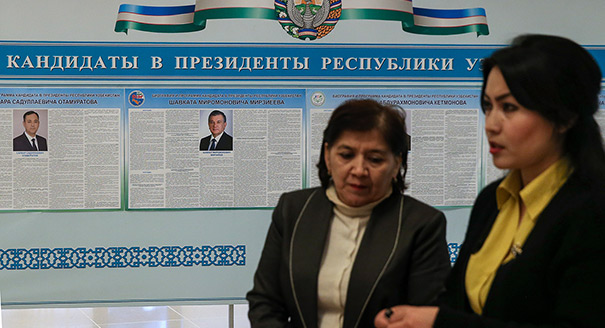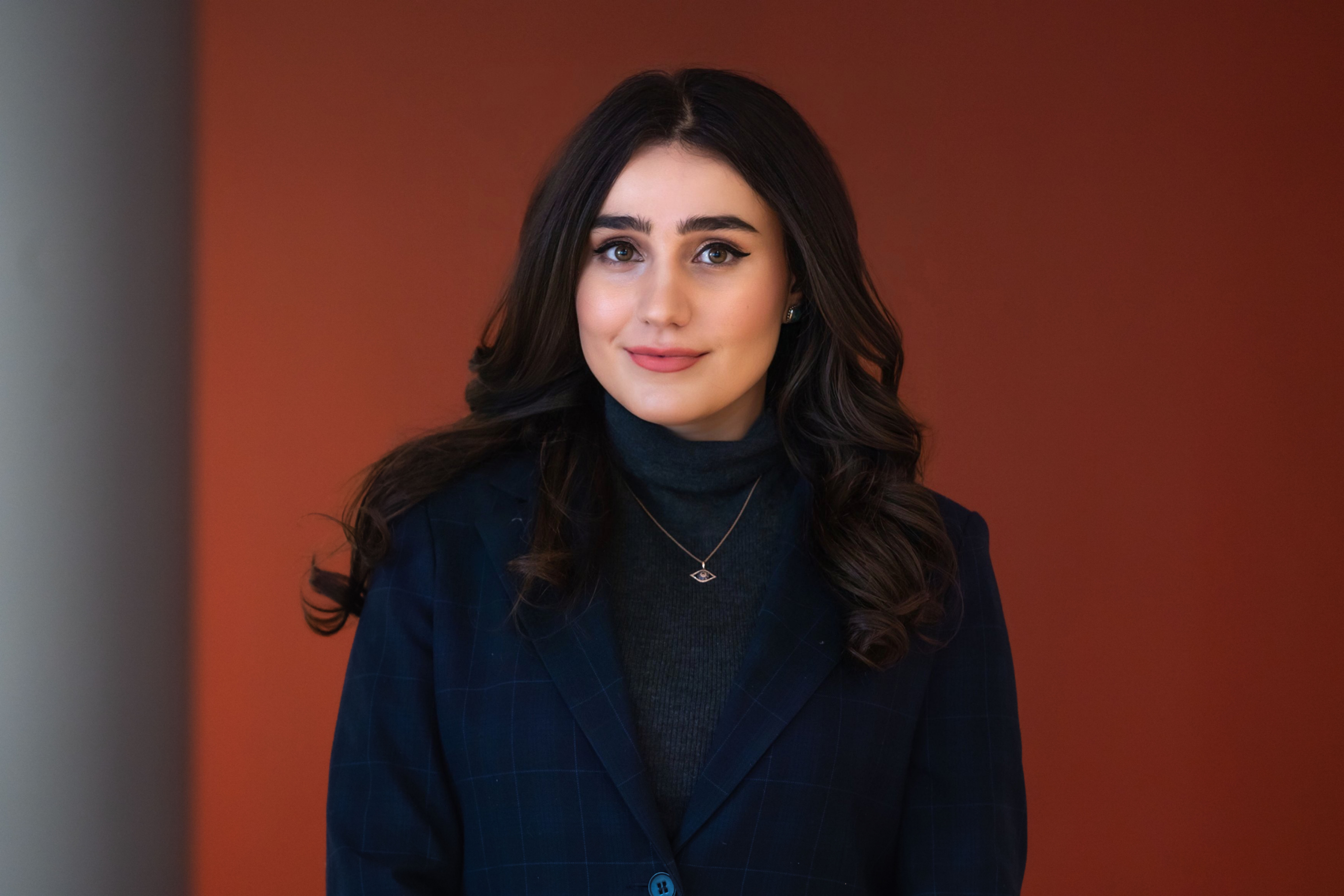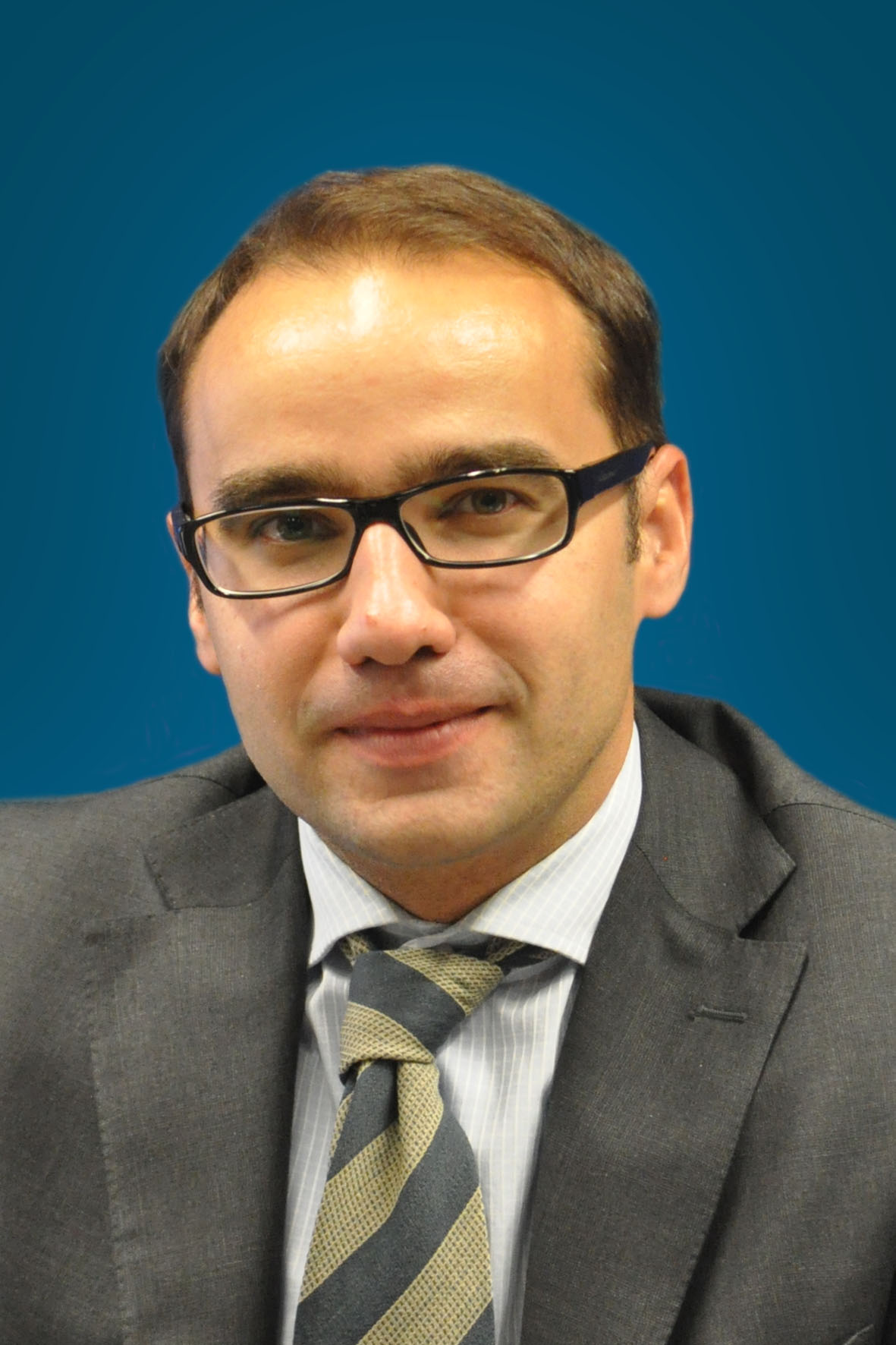The speech addressed Iran but said little about Ukraine, China, Gaza, or other global sources of tension.
Aaron David Miller
{
"authors": [
"Alexey Malashenko"
],
"type": "commentary",
"centerAffiliationAll": "",
"centers": [
"Carnegie Endowment for International Peace",
"Carnegie Russia Eurasia Center"
],
"collections": [],
"englishNewsletterAll": "",
"nonEnglishNewsletterAll": "",
"primaryCenter": "Carnegie Russia Eurasia Center",
"programAffiliation": "",
"programs": [],
"projects": [
"Eurasia in Transition"
],
"regions": [],
"topics": []
}
Source: Getty
Although we shouldn’t expect anything drastic, Uzbekistan’s next president will likely change some of Islam Karimov’s policies, especially in the economic sphere. Because the country needs financial support and access to new technologies from the West, Uzbekistan may liberalize slightly, demonstrating greater respect for democracy and human rights.
As most experts predicted, the power transition in Uzbekistan happened quickly and painlessly. This shouldn’t have been surprising, as the ruling elite is interested in preserving the system established by Islam Karimov: this system ensures order in the country and, by extension, their own well-being.
Karimov was born in 1938 and belonged to the last generation of “Stalinist” post-Soviet leaders. His death leaves security chief Rustam Inoyatov as the last Stalinist politician among the country’s elite. Uzbekistan’s acting president, former prime minister Shavkat Mirziyoyev, was born in 1957 and represents an entirely different generation of politicians: he turned thirty at the height of perestroika and thus spent his formative political years in independent Uzbekistan.
Mirziyoyev will no doubt be officially elected president on December 4. A graduate of the Tashkent Institute of Irrigation and Melioration, he started his political career in the early 1990s as a member of parliament. He became governor of the Jizzakh region in 1996 and the Samarkand region chief executive in 2001. He has served as prime minister since 2003.
Mirziyoyev’s personality resembles Islam Karimov’s, though some believe him to be even tougher than his predecessor. He was unendingly loyal to the late president, which partly explains his ascension. He is also close to Inoyatov, who has long been collecting incriminating evidence on Uzbek politicians and is considered to be sort of a “grey cardinal.”
The economy will be the next president’s highest priority. Uzbekistan is in dire straits, and simple palliative care won’t do the trick; GDP growth has been consistently falling since 2010, as has the standard of living. While Karimov did occasionally address economic issues, he was mostly focused on national “achievements.”
Karimov was able to convince the elite and the rest of society that he had brought stability to Uzbekistan and that instability would inevitably lead to crisis, chaos, and even the breakup of the country. As a result, Uzbeks are afraid of change.
But Uzbekistan needs reforms and they are, to a certain extent, inevitable. Change will come at a price, however, which is bound to escalate social tensions. If reforms succeed, the president will certainly try to take credit for them. You can’t really blame him for that—any Central Asian leader would do the same. But if reforms fail, an “incompetent” government official will shoulder responsibility. Lagging reforms may also put Uzbekistan’s elite consolidation at risk: internal rifts that are invisible today would become more pronounced.
It will be interesting to see how enduring Inoyatov’s clout will be. True, it’s hard to imagine Uzbekistan’s political landscape without him. And many believe that he will rule the country alongside Mirziyoyev, whom he helped get to the presidency. Yet, many fear Inoyatov’s wealth of intelligence and may try to weaken and possibly eliminate the omnipotent patriarch of Uzbek politics.
Mirziyoyev should be relieved that no royal family ever really emerged in Uzbekistan, unlike many other post-Soviet states: Karimov’s relatives never played a significant role in the country’s politics. The late president’s older daughter, Gulnara Karimova, did harbor some political ambitions, but was taken out of commission by Rustam Inoyatov, whom she couldn’t get along with. Karimov’s younger daughter, Lola, and her husband recently sponsored the construction of the Islom Ota mosque. The project was approved by Mirziyoyev and will serve as a tribute to Uzbekistan’s first president, as well as testimony to a smooth power transition.
Successors to dictators are never able to rise to the level of their predecessors. Mirziyoyev will never become the “father of the nation.” He will have a harder time mediating between clans and interest groups, so the stability of the system will largely depend on the consensus of various elite groups.
Islamic fundamentalism still threatens Uzbekistan, both domestically and internationally. The new president can be expected to continue—or accelerate—Karimov’s anti-Islamist policies.
However, the extremists pose a real threat only if the situation in the country deteriorates and social protests take on religious overtones. Only then will Hizb ut-Tahrir and the Islamic Movement of Uzbekistan be able to return to the political arena.
The influence of international Islamist groups, including the so-called Islamic State, is also contingent on the situation inside Uzbekistan. Their success will depend on the willingness of Muslims who are disillusioned with the current regime to turn to the idea of restructuring the state and society according to a radical Islamist ideology.
Uzbekistan will certainly stay true to its multi-vector foreign policy. China, the United States, and Russia will continue to be the major influencers. Though Moscow hopes Tashkent will pay more attention to Russia, a closer relationship doesn’t necessarily mean that the country will seek to join Russian integration projects, specifically the Eurasian Union.
On the other hand, Tashkent may expand its ties with the West—primarily with Washington—because the country needs financial support and new technologies, which Russia can’t adequately provide. Therefore, the regime might opt for slight liberalization to demonstrate greater respect for democracy and human rights.
It’s still too early to tell what exactly is in store for Uzbekistan under the new president. Although we shouldn’t expect anything drastic, Mirziyoyev will likely try to change some of Islam Karimov’s policies—especially in the economic sphere. The changes won’t affect the political sphere, but for some cosmetic improvements. After all, the ruling class still sees self-preservation as its main goal.
Carnegie does not take institutional positions on public policy issues; the views represented herein are those of the author(s) and do not necessarily reflect the views of Carnegie, its staff, or its trustees.
The speech addressed Iran but said little about Ukraine, China, Gaza, or other global sources of tension.

Aaron David Miller
Because of this, the costs and risks of an attack merit far more public scrutiny than they are receiving.

Nicole Grajewski
As discussions about settlement and elections move from speculation to preparation, Kyiv will have to manage not only the battlefield, but also the terms of political transition. The thaw will not resolve underlying tensions; it will only expose them more clearly.

Balázs Jarábik
Despite considerable challenges, the CPTPP countries and the EU recognize the need for collective action.

Barbara Weisel
France has stopped clinging to notions of being a great power and is embracing the middle power moment. But Emmanuel Macron has his work cut out if he is to secure his country’s global standing before his term in office ends.

Rym Momtaz